What Makes a Website Convert Visitors Into Leads?
Discover the essential elements that turn website visitors into paying customers and qualified leads.
The Conversion Challenge
Getting visitors to your website is only half the battle. The average website converts just 2-3% of visitors into leads or customers. That means 97-98% of your traffic leaves without taking any action.
But high-converting websites can achieve conversion rates of 5%, 10%, or even higher. The difference isn't luck—it's strategic design, compelling copy, and understanding what motivates visitors to take action.
The 4 Pillars of Website Conversion
Every high-converting website is built on these fundamental elements:
Clear Value Proposition
Immediately communicate what you do and why visitors should care
Examples:
- Compelling headline
- Benefit-focused subheading
- Clear problem/solution fit
Strategic Call-to-Actions
Guide visitors toward the next step with prominent, action-oriented buttons
Examples:
- Above-the-fold CTA
- Contrasting button colors
- Action-oriented text
Social Proof
Build trust through testimonials, reviews, and credibility indicators
Examples:
- Customer testimonials
- Case studies
- Trust badges
- Client logos
Fast Loading Speed
Ensure your site loads quickly to prevent visitor abandonment
Examples:
- Optimized images
- Efficient code
- Quality hosting
- CDN usage
The Conversion Formula
Converting visitors into leads follows a predictable process. Here's the step-by-step formula:
Attract the Right Visitors
Use SEO and targeted marketing to bring qualified traffic to your site
Create a Great First Impression
Design a professional, trustworthy website that loads quickly
Communicate Value Clearly
Immediately show visitors what you do and how you help them
Build Trust and Credibility
Use social proof and trust signals to overcome visitor skepticism
Guide Toward Action
Use clear calls-to-action to direct visitors to the next step
Common Conversion Killers (And How to Fix Them)
Even small issues can dramatically hurt your conversion rates. Here are the most common problems and their solutions:
Problem: Confusing Navigation
Visitors can't find what they're looking for
Solution: Simplify menu structure and use clear labels
Problem: Too Many Options
Choice paralysis prevents decision-making
Solution: Focus on one primary action per page
Problem: Lack of Trust Signals
Visitors don't feel confident about your business
Solution: Add testimonials, guarantees, and security badges
Problem: Poor Mobile Experience
Site doesn't work well on mobile devices
Solution: Implement responsive design and mobile optimization
Problem: Weak Headlines
Visitors don't understand your value immediately
Solution: Create clear, benefit-focused headlines
Problem: Hidden Contact Information
Visitors can't easily get in touch
Solution: Make contact details prominent and accessible
Psychology of Website Conversions
Understanding visitor psychology is crucial for creating converting websites. Here are key psychological principles:
1. The Principle of Clarity
Visitors should understand what you do within 5 seconds of landing on your site. Confusion kills conversions.
2. The Trust Factor
People buy from businesses they trust. Use testimonials, guarantees, and professional design to build credibility.
3. The Urgency Element
Without urgency, visitors will leave and never return. Create legitimate reasons for them to act now.
4. The Simplicity Rule
The more choices you give visitors, the less likely they are to choose anything. Focus on one primary action per page.
Optimizing Your Lead Capture Forms
Your contact forms are where conversions happen. Here's how to optimize them:
Form Design Best Practices
- Keep it short: Only ask for essential information
- Use clear labels: Make it obvious what each field is for
- Minimize friction: Reduce the number of steps required
- Mobile-optimize: Ensure forms work perfectly on phones
- Test placement: Try forms in different locations on your page
Form Copy That Converts
- Benefit-focused headlines: "Get Your Free Quote" vs "Contact Us"
- Action-oriented buttons: "Send My Quote" vs "Submit"
- Privacy assurance: "We never share your information"
- Value proposition: Remind visitors what they'll get
Measuring and Improving Conversions
Conversion optimization is an ongoing process. Here's how to continuously improve:
Key Metrics to Track
- Conversion rate: Percentage of visitors who become leads
- Bounce rate: Percentage of visitors who leave immediately
- Time on page: How long visitors stay engaged
- Form abandonment rate: How many start but don't complete forms
- Traffic sources: Which channels bring the best converting visitors
Testing and Optimization
- A/B test headlines: Try different value propositions
- Test CTA buttons: Different colors, text, and placement
- Experiment with forms: Different lengths and field types
- Try different layouts: Test various page structures
- Test social proof: Different testimonials and trust signals
The Mobile Conversion Factor
With over 60% of web traffic coming from mobile devices, mobile optimization isn't optional:
- Thumb-friendly design: Make buttons easy to tap
- Fast loading: Mobile users are even less patient
- Simplified navigation: Reduce menu complexity
- Readable text: Ensure content is easy to read on small screens
- Touch-optimized forms: Make form filling easy on mobile
Remember, conversion optimization is not about tricks or manipulation—it's about removing barriers and making it easy for interested visitors to take the next step with your business.



